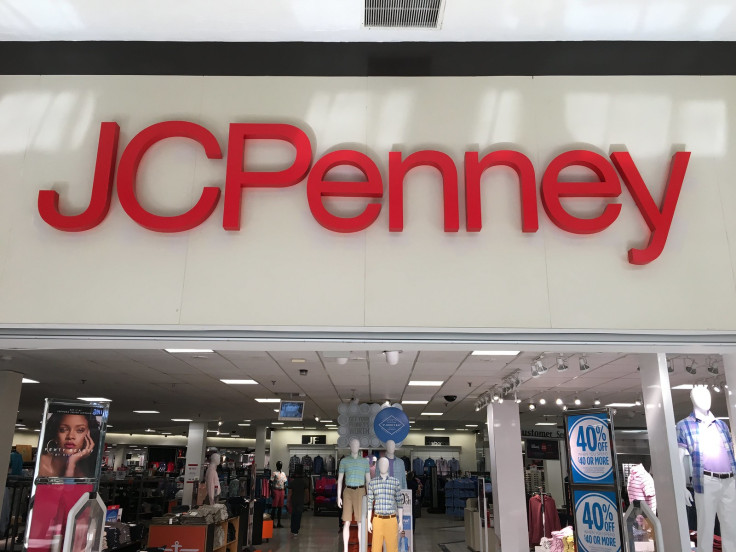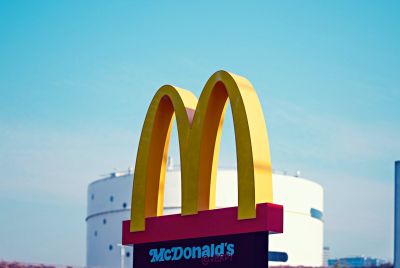JCPenney to Close Seven US Stores Amid Ongoing Struggles and Retail Reshuffle

JCPenney, once a staple of American shopping malls, is set to shutter another round of stores as it continues its long road to recovery. On 25 May, the department store chain will close seven locations across the United States—part of a broader effort to streamline operations after years of financial turmoil. Despite surviving bankruptcy and undergoing a major corporate merger, the retailer has not turned a profit since 2010, and the latest closures underscore just how far it still has to go.
The affected stores span seven states, with closures planned in New Hampshire, North Carolina, Colorado, Kansas, Idaho, West Virginia and California. JCPenney confirmed the specific locations on 19 May, nearly three months after the initial announcement in February.
Store Closures: Where the Doors Are Shutting
Here are the seven locations set to close:
- Fox Run Mall – Newington, New Hampshire
- Asheville Mall – Asheville, North Carolina
- The Shops At Northfield – Denver, Colorado
- West Ridge Mall – Topeka, Kansas
- Pine Ridge Mall – Pocatello, Idaho
- Charleston Town Center – Charleston, West Virginia
- The Shops at Tanforan – San Bruno, California
Bankruptcy Fallout and Corporate Ownership
These closures follow JCPenney's bankruptcy filing in May 2020, a turning point for the once-dominant retailer. At that time, the company operated 846 stores. In the restructuring that followed, 242 locations were permanently closed—192 in the first fiscal year and another 50 the year after.
That same year, JCPenney was acquired by Simon Property Group and Brookfield Asset Management Inc. in a $1.75 billion (£1.3 billion) deal, aimed at salvaging the brand's real estate value and keeping its remaining stores alive. However, according to CNN, JCPenney had not posted a single profitable year from 2010 through at least 2020.
The Catalyst Brands Merger: A New Strategy
In January 2025, JCPenney merged with several of SPARC Group's brands—including Aeropostale, Eddie Bauer, Lucky Brand, Nautica and Brooks Brothers—to form a new retail entity called Catalyst Brands.
According to the press release, Catalyst now comprises:
- 1,800 store locations
- 60,000 employees
- $9 billion (£6.7 billion) in revenue
Although Forever 21 was also part of the merger, Catalyst has stated it is currently 'exploring strategic options' for the future of the brand.
What's Next for JCPenney?
Marc Rosen, formerly CEO of JCPenney, has been named the new head of Catalyst Brands. He has expressed optimism about the group's future and signalled a fresh strategic direction.
'Catalyst Brands brings together the rich heritage of six unique brands with modern energy and a new vision for success. The word "catalyst" reflects our drive to accelerate innovation and energy and amplify the impact of this powerhouse portfolio,' Rosen said in a statement.
'We have a shared belief that customers deserve fashion and style of great quality for any and every moment in life. We will leverage our resources and best-in-class industry talent to grow our brands further.'
Catalyst Brands will be headquartered at JCPenney's existing corporate offices in Plano, Texas.
© Copyright IBTimes 2025. All rights reserved.





















